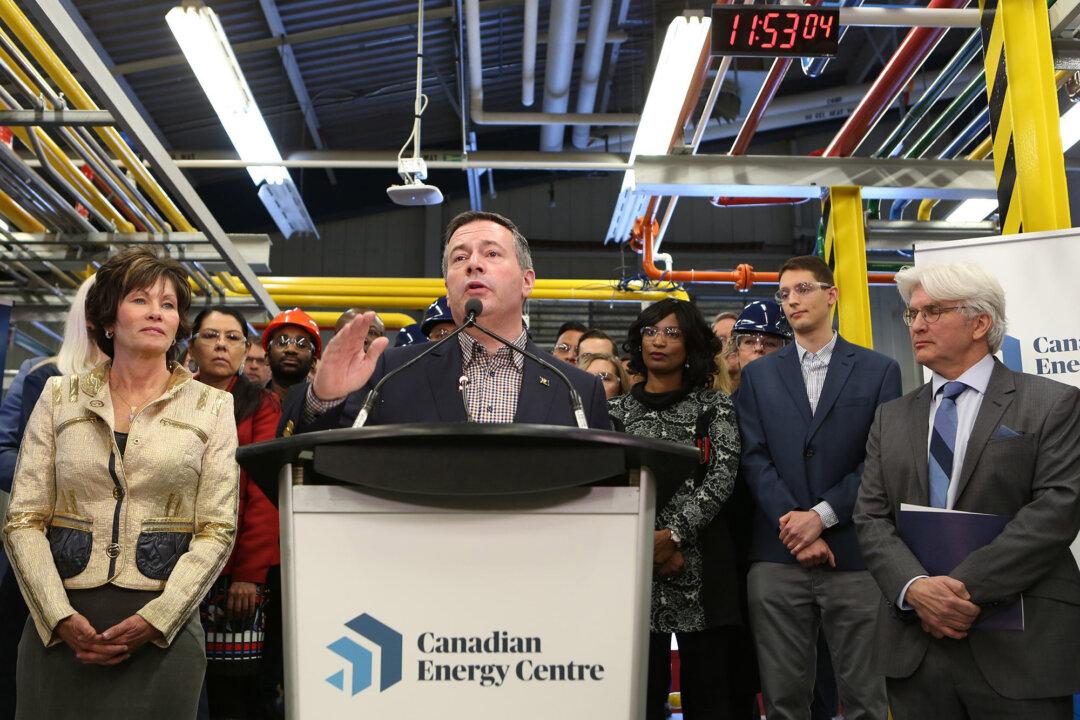News Analysis
The Canadian Energy Centre (CEC)—Alberta Premier Jason Kenney’s “war room”—is still finding its feet in its mission to raise the public’s understanding of Canada’s energy sector using a fact-based approach to combat what it believes is misinformation.Launched Dec. 11, 2019, the provincial corporation has been publishing articles on various topics, including benefits to Indigenous communities and the opportunity offered by Canadian liquified natural gas (LNG) to reduce global emissions. It’s also rebutting op-eds that it sees as having ignored important facts, like one recently in The Globe and Mail.





